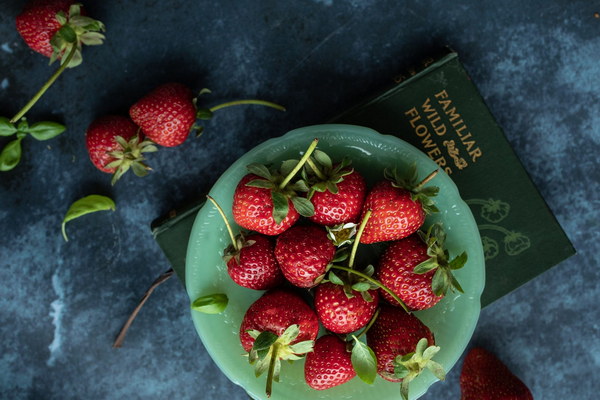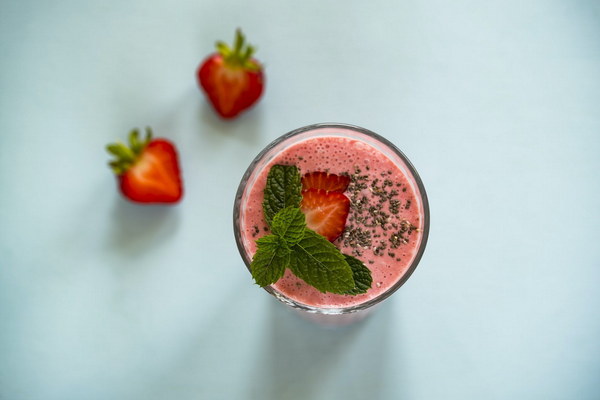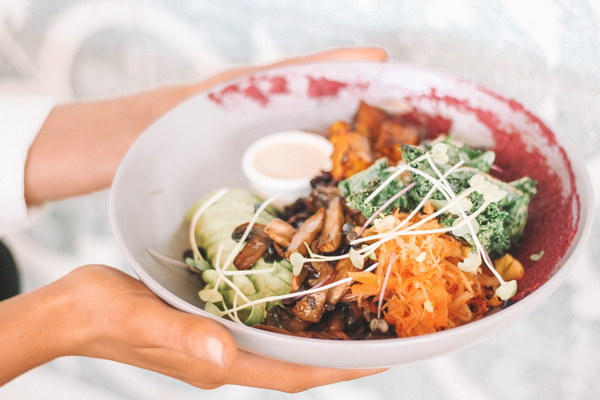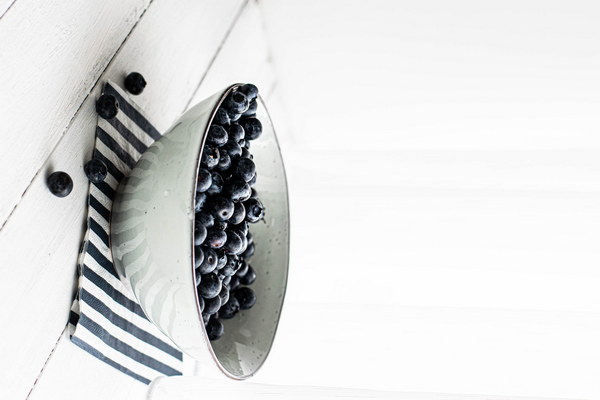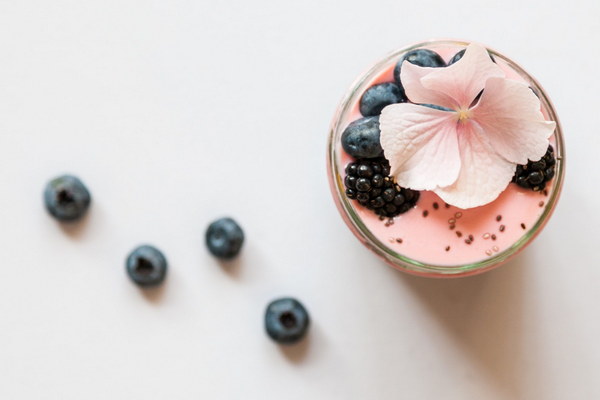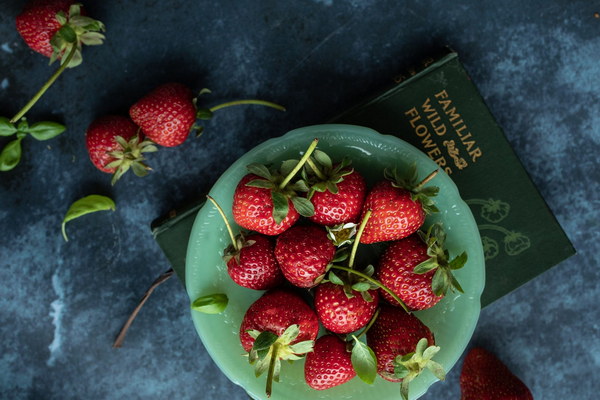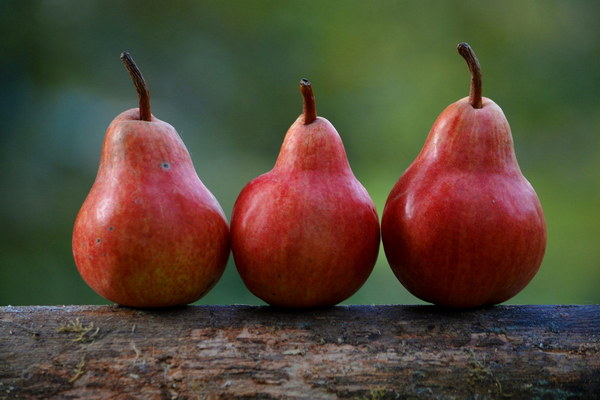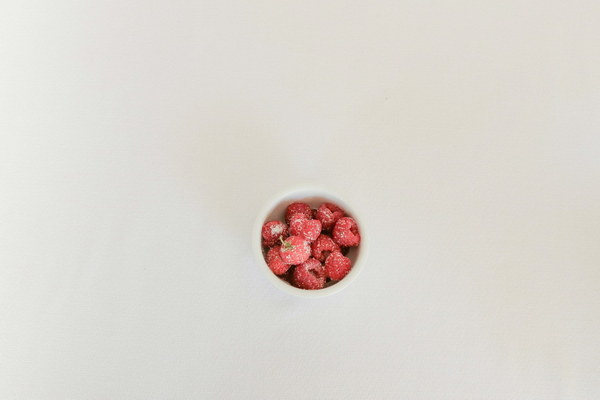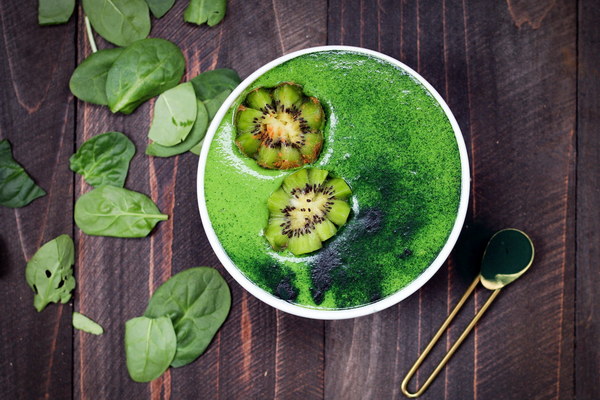The Art of Chinese Medicine Exploring Hua Tuo's Ancient Herbs and Recipes for Health and Vitality
In the annals of traditional Chinese medicine, the name Hua Tuo stands as a beacon of wisdom and healing. As one of the most renowned physicians in ancient China, Hua Tuo's contributions to medicine, particularly in the realm of herbal medicine and dietetics, have left an indelible mark on the practice of healthcare today. His innovative approach to using herbs and food as medicine, known as Yao Shan or Herbal Dietetics, continues to inspire and inform the modern understanding of wellness.
Hua Tuo, born in the 2nd century AD, was not only a skilled surgeon but also a master of herbal medicine. His philosophy was rooted in the belief that the body is a harmonious system, and that illness arises from an imbalance in this harmony. His treatment plans, therefore, often included a combination of surgery, herbal remedies, and dietary adjustments to restore balance and promote healing.
One of the cornerstones of Hua Tuo's medical practice was the use of herbal medicine. He believed that certain plants possessed properties that could treat or prevent diseases, and he meticulously documented his findings in his texts. His pharmacopeia included a vast array of herbs, each with its own unique properties and uses.
One notable example of Hua Tuo's herbal remedies is the Five-Flavor Formula (Wu Wei San), a blend of five herbs designed to address different types of imbalances in the body. The formula typically includes herbs such as cinnamon bark, ginger, licorice root, peony root, and safflower, each contributing to the overall balance of the formula.
In addition to herbal remedies, Hua Tuo placed great emphasis on the importance of diet in maintaining health. His approach to dietetics, known as Yao Shan, was a precursor to the modern concept of nutritional therapy. He believed that certain foods could either nourish or harm the body, and that an individual's diet should be tailored to their specific needs and imbalances.
Here are a few examples of Hua Tuo's culinary wisdom:
1. Sesame Seed Soup: Made with sesame seeds, pork, and goji berries, this soup is believed to nourish the kidneys and enhance vitality.
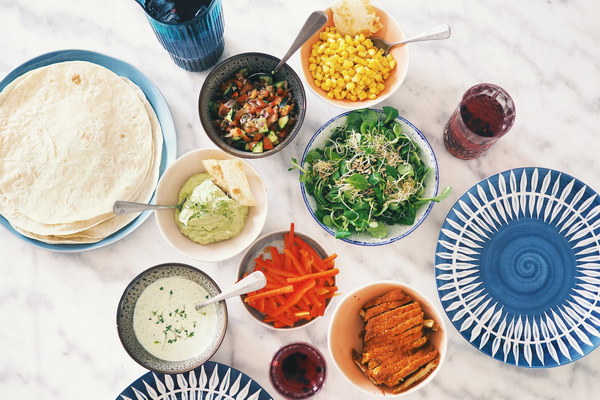
2. Bamboo Shoot and Pork Stew: A savory stew that combines the cooling properties of bamboo shoots with the warming properties of pork, promoting balance and digestion.
3. Mushroom and Chicken Soup: Rich in nutrients, this soup is thought to boost the immune system and improve overall health.
4. Ginseng and Chicken Soup: A traditional Chinese remedy, this soup is believed to enhance energy, improve memory, and support overall well-being.
5. Licorice Root and Goji Berry Tea: A soothing and rejuvenating drink that is thought to support the liver and kidneys, and promote longevity.
Hua Tuo's approach to medicine and dietetics was holistic, addressing the body as a whole rather than just treating symptoms. His emphasis on balancing the body's internal systems through the judicious use of both herbs and food has had a lasting impact on the practice of Chinese medicine.
Today, Hua Tuo's legacy continues to inspire practitioners and enthusiasts alike. His herbal formulas and dietary recommendations are still used in Chinese medicine clinics around the world. The study of Hua Tuo's work not only provides a deeper understanding of ancient medical practices but also offers valuable insights into the ongoing quest for health and vitality in the modern age.
In conclusion, Hua Tuo's contributions to the field of herbal medicine and dietetics have left an enduring legacy. His innovative approach to treating the body as a whole, through a combination of herbal remedies and dietary adjustments, continues to be a cornerstone of traditional Chinese medicine. By exploring the wisdom of Hua Tuo, we gain a deeper appreciation for the interconnectedness of body, mind, and spirit in the pursuit of health and well-being.

